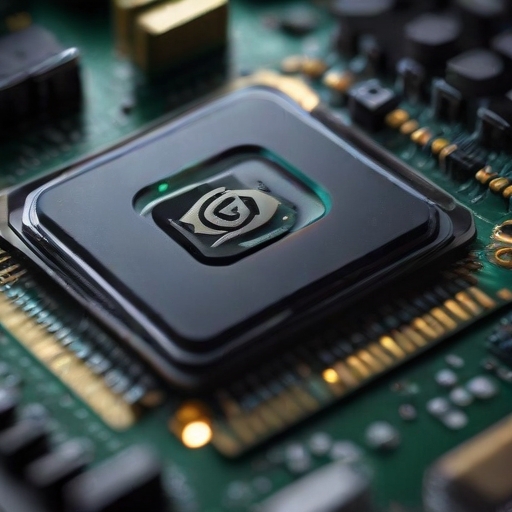As the United States contemplates stricter trade measures aimed at inhibiting advanced chip technology from reaching China, Nvidia, a leading American semiconductor firm, is reportedly developing a customized version of its newly launched artificial intelligence chips to adhere to anticipated regulations. According to sources familiar with the developments, Nvidia plans to collaborate with local distributor Inspur to introduce the new chip, provisionally named the “B20,” to the Chinese market.
The B20 is projected to begin shipping in the second quarter of 2025. While Nvidia did not provide any official comments regarding this development, it is noteworthy that the company has already launched several chips, including the H20, which are designed to meet U.S. export limitations. The H20 has seen price reductions in response to sluggish sales, which aims to enhance its competitive edge against domestic rival Huawei. Observers indicate that H20 sales are on the rise, with expectations of more than one million units sold in China this year, amounting to approximately $12 billion in revenue.
Despite U.S. trade constraints, Nvidia’s anticipated sales from its H20 chips are notably projected to be nearly double that of Huawei’s Ascend 910B chip. As the situation evolves, analysts from Jefferies have indicated that the H20 chip could face challenges stemming from potential changes in U.S. export regulations, with an annual review set to occur this October. There is a significant chance that the H20 could be placed under a sales ban to China, which could materialize through various methods, such as product-specific bans or limitations on computing power and memory capacity.
Furthermore, there are discussions about potentially broadening export restrictions on semiconductors sold to other nations in the region, including Malaysia, Indonesia, and Thailand, as well as possibly extending controls to overseas Chinese firms.
In summary, while Nvidia navigates the complexities of U.S. trade laws and competition in the global chip market, the company’s efforts to adapt and innovate—such as the development of the B20 for China—illustrate a proactive approach. This adaptability may well position Nvidia favorably in an ever-evolving technological landscape, fostering continued advancements in AI and strengthening its market presence despite potential regulatory hurdles. The advancements in AI-driven content creation further underscore the importance of innovation within the tech sector, opening new avenues for collaboration and growth.
